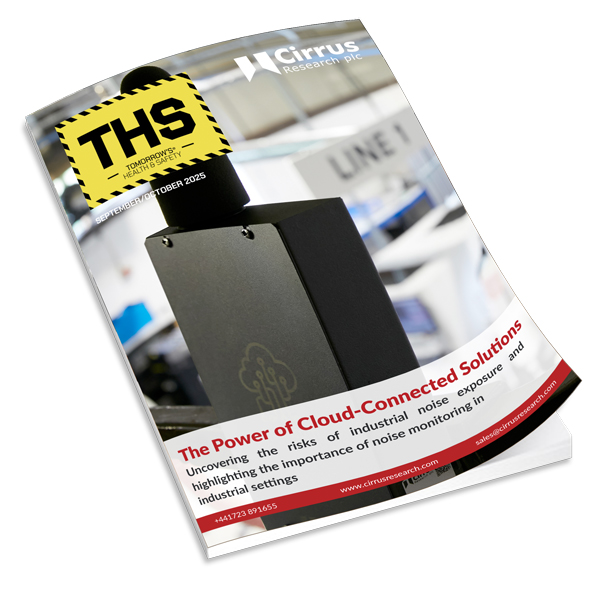Today is Stress Awareness Day , an annual event to raise awareness of this growing issue and promote the importance of wellbeing for individuals and organisations.
A report from the Health and Safety Executive found that in 2016/17 stress, depression or anxiety accounted for 40% of all work-related ill health cases and 49% of all working days lost due to ill health – equating to 12.5million lost working days.
The main factors causing this are workload pressures, including tight deadlines and too much responsibility and a lack of managerial support.
Adrian Lewis, Director of Activ Absence said, “Stress is a 21st century epidemic as we are all working longer hours and the prolific use of mobile technology can make switching off from work difficult. The boundaries are increasingly being blurred between work and home, and together with a 24/7 working culture this is leading to rising levels of stress in the workplace.
“Organisations need to address this and get to the root causes of why it’s happening. This is vital for the wellbeing of their employees and to help tackle rising sickness absence.”
Organisations could do more to recognise and combat stress and offers the following tips for managing stress in the workplace:
1. Introduce flexible working practices.
2. Tackle the stigma of stress by providing a supportive and open culture where people feel they can talk to their line manager about any concerns
3. Provide line manager training to be able to spot the signs of stress and depression early on.
4. Improve employee engagement and morale in the organisation. This could be as simple as Friday afternoon drinks to thank everyone for their hard work or a monthly team outing for lunch.
5. Encourage people to take regular breaks and not eat lunch at their desks. Time away from their desk and perhaps going for a walk outside can help people feel more refreshed and less stressed, plus it’s good for their posture.
6. Introduce a strategic absence management system instead of out-of-date paper forms and spreadsheets, to monitor absence trends. This can help organisations keep track of who’s in or not, especially if the organisation offers flexible working. It can also flag up if someone is taking a lot of time off sick.
7. Make sure you do back to work interviews when people are off sick. This gives your employee the opportunity to talk about any issues or feelings of stress.
8. Adopting a more positive management style can help employees feel more engaged.
9. Introduce an initiative like Perk Box to motivate employees and improve happiness
10. Why not have a team session at work looking at ways to combat stress and the signs to look out for?
www.activabsence.co.uk
Ten Tips for managing stress in the workplace

Published on 01/11/2017
Related News
Categories
- CHAS AT SAFETY & HEALTH EXPO 2022
- Agriculture
- Asbestos
- Cleaning
- Compliance & Risk Assessment
- Conferences
- Construction
- Courts
- Culture & Behaviour
- Ear Protection
- Education
- Emergency Evacuations
- Events
- Eye Protection
- Feature
- Fire & Electrical Safety
- Floor Safety
- Gas Detection & Monitoring
- Hand/Arm Vibration
- Hazardous Substances
- Health & Safety News
- Health and Safety Executive
- Hospitals & Healthcare
- Human Factors & Ergonomics
- Hygiene
- In the Courts
- Legislation
- Lone Worker Protection
- Mental Health
- Noise Monitoring
- PPE
- Plant Machinery & Site Safety
- Products & Services
- Prosecutions
- Protective Clothing
- Protective Workwear
- Reports
- Respiratory
- Slips, Trips & Falls
- Standards
- Stress
- Technology
- Training & Development
- Transport & Logistics
- Webinars
- Wellbeing
- Whitepapers
- Work-related Diseases
- Working at height





























